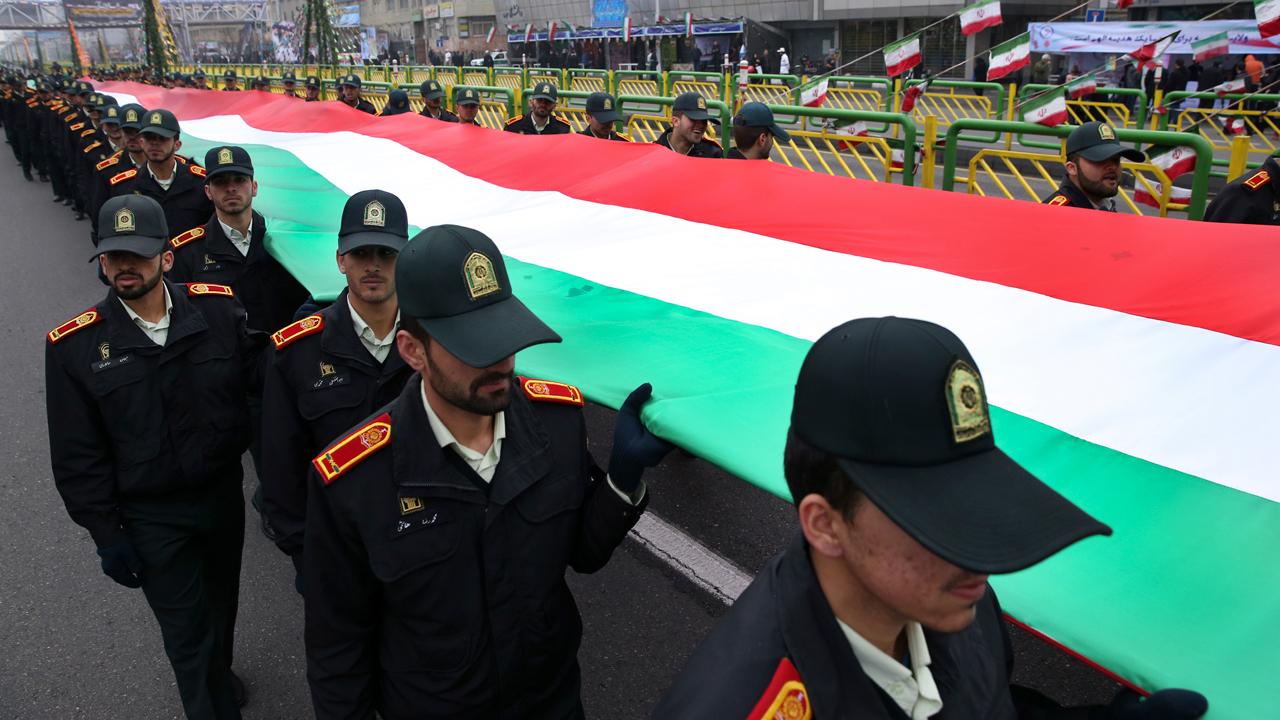At G-20 summit, US-Iran tensions expected to cast a long shadow
Iran won’t attend the G20 summit in Osaka, Japan next week – the country has been blacklisted since the inception of the international forum – but heightened tensions between the U.S and Tehran could cast a long shadow over some of the meetings between the world’s most powerful economies.
While the summit is expected to be dominated by news about the U.S-China trade war, concerns about the possibility of a military confrontation between the U.S. and Iran could play a role behind the scenes as the rest of the world pushes for a de-escalation in the brewing conflict.
“Because remember, the sanctions, while they’re aimed at Iran, also affect U.S .allies and other countries, because the sanctions have to do with the ability of Iran to use the dollar, which obviously is the international reserve currency for trade,” said Feisal Istrabadi, the former Iraqi ambassador to the United Nations and the founding director of the Indiana University Center for the Study of the Middle East. “There’s an effect on the allies.”
President Trump unilaterally withdrew from the Iran nuclear deal – arguably the biggest foreign policy achievement of the Obama administration – more than one year ago, bucking U.S. allies while imposing a punishing round of economic sanctions on Tehran that were intended to squeeze its finances. The other signatories to the deal, including China, Russia, France, the UK, Germany and Iran, said they would continue to honor the agreement, despite the U.S’s withdrawal.
But, Iran said on Monday that it’s just 10 days away from surpassing the limits drawn by the nuclear deal on its supply of low-enriched uranium -- an attempt to pressure the European bloc to provide some relief from the American sanctions.
Just a few days later, an Iranian missile shot down an unmanned U.S. spy drone over the Strait of Hormuz. Officials in Tehran and Washington have disputed whether the drone was in Iranian airspace or not. In response, the U.S. prepare a military strike against Iran, but at the last minute, called it off (Trump said in a tweet that it was not a “proportional response” because 150 people would have died).
On Saturday, Trump said that, starting Monday, the U.S. would impose an additional round of “major” economic sanctions against Iran. He’ll be spending the weekend at Camp David discussing Middle East strategy with some advisers.
"Iran cannot have Nuclear Weapons! Under the terrible Obama plan, they would have been on their way to Nuclear in a short number of years, and existing verification is not acceptable. We are putting major additional Sanctions on Iran on Monday," he wrote in a tweet. "I look forward to the day that sanctions come off Iran, and they become a productive and prosperous nation again - The sooner the better!"
European officials likely will apply pressure on the Trump administration during the upcoming summit to lift sanctions, or to re-join the nuclear deal, Istabadi said – although Trump unlikely to acquiesce to either request.
“It’s a multilateral agreement with multiple parties that the U.S. has unilaterally breached,” he said. “How you come back from that is a true Gordian Knot, as far as I’m concerned, particularly because the Iranians seem to be refusing to negotiate, which you can also understand. They were abiding by the agreement. There’s no evidence they weren’t. It’s just that Trump didn’t like the agreement.”
Plus, Saudi Arabia -- which has no diplomatic relations with Tehran – could try to sway Trump in the opposite direction, persuading him to continue accelerating tensions with Iran.
“They’ve been pretty influential in this administration,” he said.
Essentially, Trump is in a bind, and the outlook is bleak. He expected the Iranians to negotiate, Istrabadi said, but based on their recent actions in the Gulf, they’re unwilling to come to the table until some type of economic relief is provided.
Daniel Serwer, a scholar at the Middle East Institute and a professor at the Johns Hopkins School of International Studies, said that Trump has trapped himself by bad-mouthing the nuclear deal, while simultaneously ratcheting up long-standing tensions with the Islamic Republic.
“He’s driven himself into a cul-de-sac, and the way out of a cul-de-sac is to turn yourself around and go into the other direction,” he said. “And that’s going to require him to do something - he’s clever, he can do it, he did it with Kim Jong Un. Kim Jong Un was American’s worst nightmare, and he became President trump’s best friend.”
CLICK HERE TO GET THE FOX BUSINESS APP
But Serwer also stressed that Trump’s last-minute decision to halt the military strike against Iran could bode well among the other nations at the G-20.
“By not attacking Iran, the president has made it more possible than it would be otherwise to get the Europeans on board with the American perspective on what Iran is up to,” he said.




















